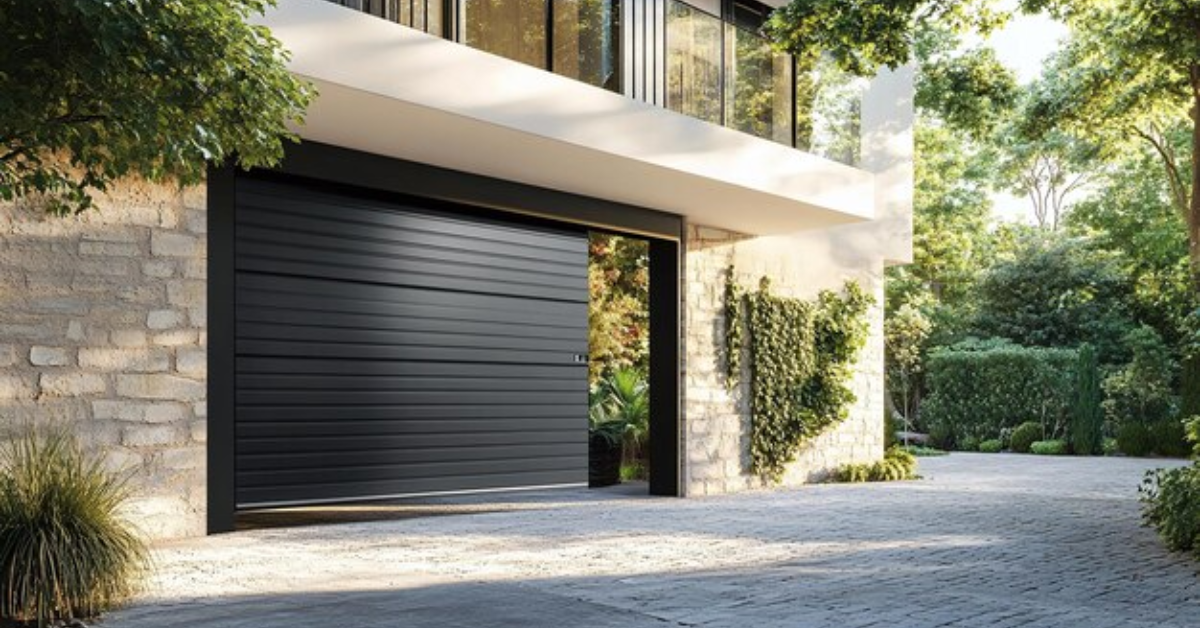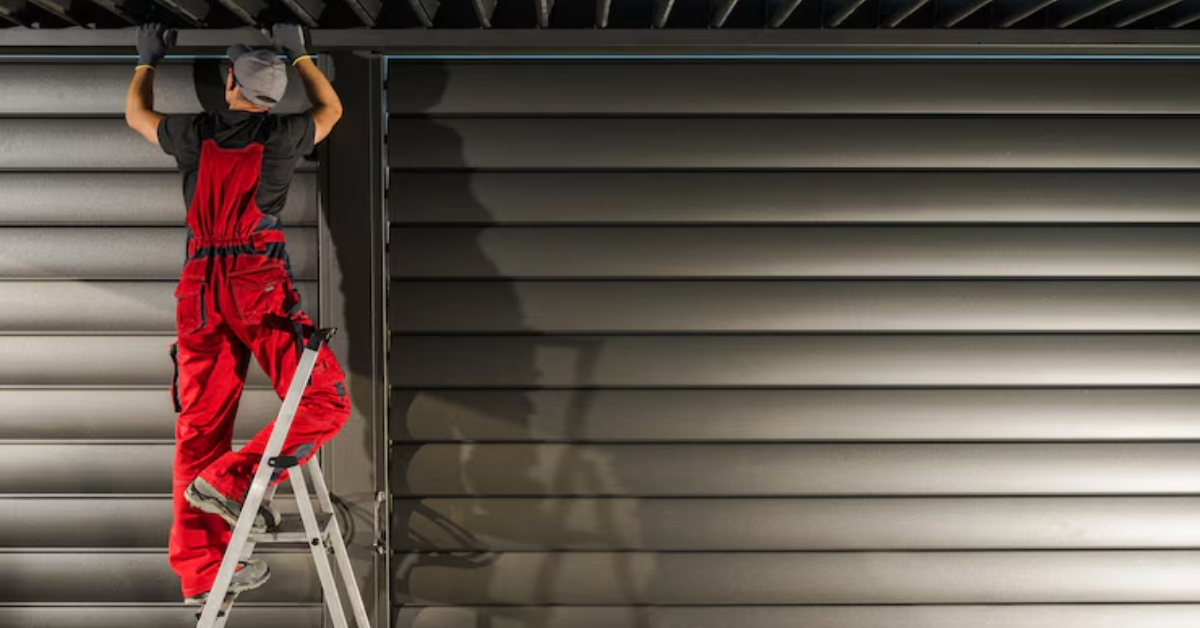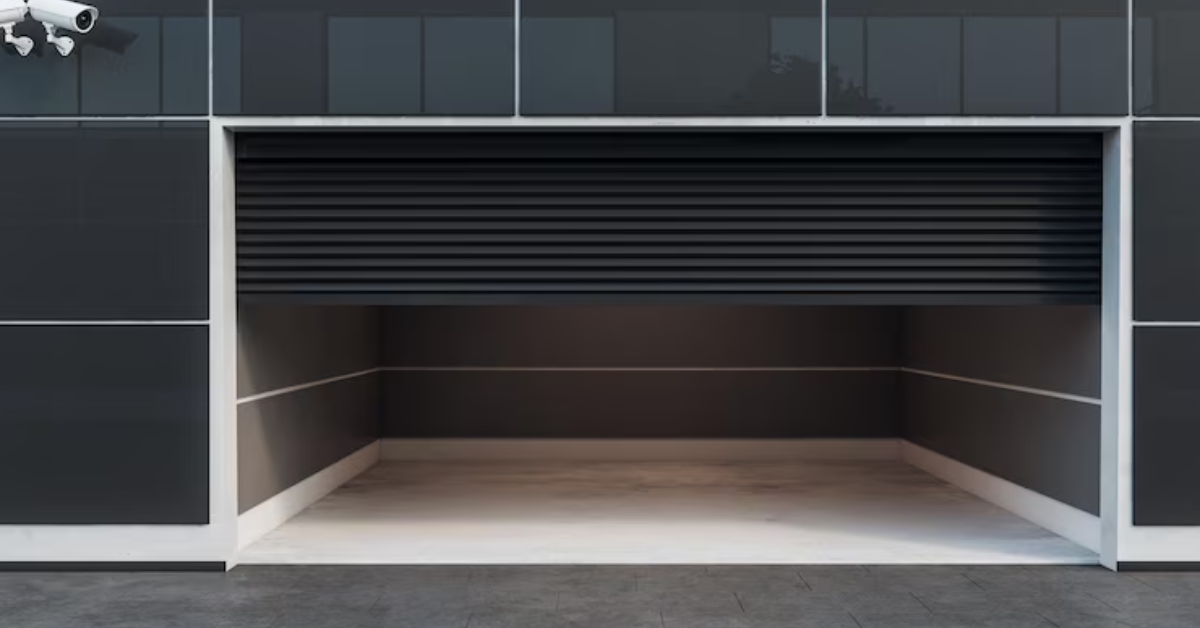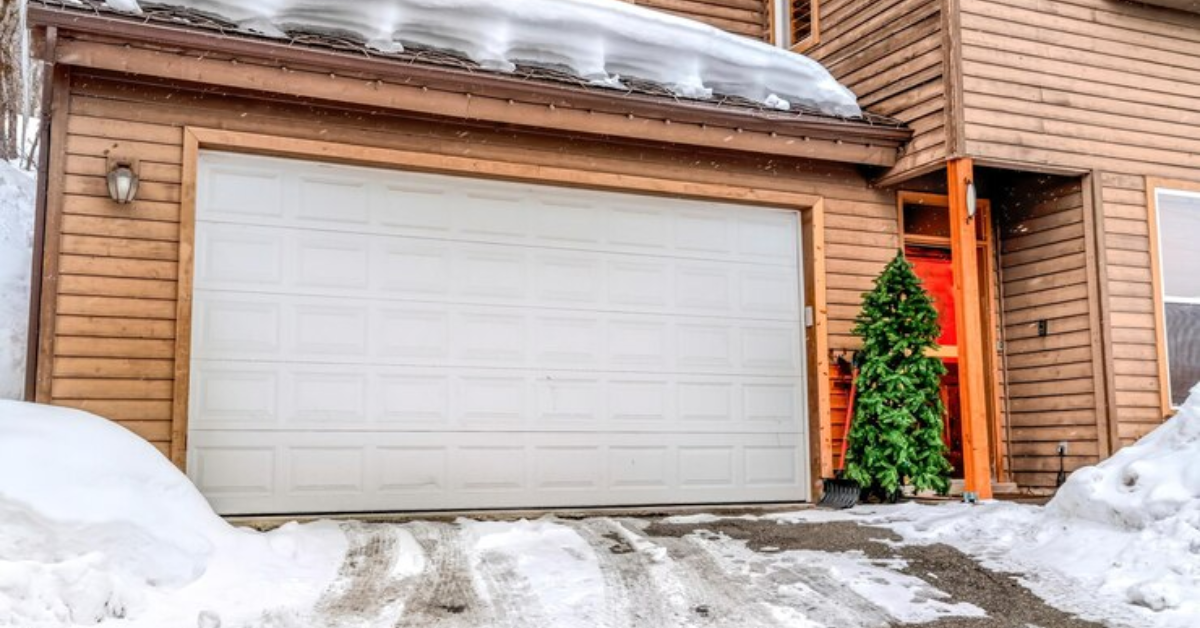Why Does My Automatic Garage Door Open by Itself?
Automatic garage doors provide convenience, security, and ease of access for homeowners. However, if your garage door opens on its own without any input from you, it can be a concerning issue. This unexpected behavior may lead to security risks, energy loss, or even accidents. But why does this happen, and how can you prevent it? In this article, we’ll explore the possible reasons why an automatic garage door might open by itself and provide solutions to fix the issue.
Why Does an Automatic Garage Door Open by Itself?
There are several reasons why a garage door might open on its own, ranging from electrical issues to remote interference. Understanding these causes can help you diagnose and resolve the problem efficiently.
1. Interference from Nearby Devices
Garage door openers operate on radio frequencies (RF), and if another device in your neighborhood is using the same frequency, it may accidentally trigger your garage door. This is more common in older garage door openers that use fixed codes rather than rolling codes.
Solution: Upgrading to a newer garage door opener with rolling code technology can prevent this issue by changing the access code every time the door is used.
2. Malfunctioning Remote Control
If your garage door remote is damaged, stuck, or has weak batteries, it may send signals randomly, causing the door to open unexpectedly.
Solution: Check the remote for stuck buttons, replace the batteries, or try reprogramming it. If the issue persists, consider replacing the remote.
3. Faulty Wall Switch or Keypad
A defective wall-mounted control panel or wireless keypad can cause the garage door to open on its own. Moisture, dust, or wiring issues may lead to unintended signals being sent to the opener.
Solution: Inspect the wall switch and keypad for stuck buttons or wiring problems. If necessary, replace the faulty components.
4. Electrical Short Circuit
A short circuit in the garage door opener’s wiring can lead to random signals being sent, making the door open unexpectedly. Faulty wiring, damaged sensors, or power surges may contribute to this issue.
Solution: Examine the wiring and connections. If you notice frayed wires or exposed connections, call a professional to repair or replace them.
5. Issues with the Safety Sensors
Modern garage doors have safety sensors that prevent the door from closing if an object is detected in the way. However, if the sensors are misaligned or dirty, they may send false signals, making the garage door open unexpectedly.
Solution: Clean the sensors and ensure they are properly aligned. If they are damaged, replacing them may be necessary.
6. Programming Issues
Sometimes, the garage door opener may be programmed incorrectly, causing it to open at random times. This can happen due to accidental programming errors or glitches in the system.
Solution: Reset the garage door opener by following the manufacturer’s instructions. Reprogram the remote and keypads to ensure only authorized devices can control the door.
7. Power Surges and Electrical Issues
Fluctuations in your home's electrical system, such as power surges, can affect the functionality of the garage door opener. A sudden surge might trigger the opener to activate unexpectedly.
Solution: Use a surge protector to prevent electrical fluctuations from affecting your garage door opener. If the problem persists, consider consulting an electrician.
How to Prevent an Automatic Garage Door from Opening by Itself
If your garage door has opened on its own, taking preventative measures can help avoid future incidents. Here are some steps to ensure your garage door operates safely and reliably:
- Upgrade to a Modern Garage Door Opener: Older models with fixed codes are more susceptible to interference. A newer opener with rolling code technology improves security and prevents signal conflicts.
- Regularly Inspect and Maintain the System: Check the wiring, sensors, and remote controls for any signs of damage or malfunction. Routine maintenance can prevent unexpected failures.
- Secure Your Remote Controls: Keep garage door remotes out of reach of children, pets, or accidental pressing. Store them in a safe place when not in use.
- Use a Surge Protector: Protect your garage door opener from power surges by using a surge protector or an uninterrupted power supply (UPS).
- Reset and Reprogram the Opener: If you suspect an issue with the programming, resetting the system and reprogramming your remote devices can often fix the problem.
When to Call a Professional
If you’ve tried troubleshooting your garage door but it continues to open by itself, it may be time to call a professional garage door technician. A trained expert can diagnose complex electrical issues, repair faulty components, and ensure your garage door operates safely.
Final Thoughts
An automatic garage door opening by itself can be alarming, but it is often due to minor issues such as remote interference, faulty wiring, or sensor misalignment. By identifying the root cause and applying the right fixes, you can prevent unexpected openings and improve your garage door’s reliability.
If the problem persists despite troubleshooting, seeking professional assistance is the best way to ensure your garage door functions securely and efficiently.




